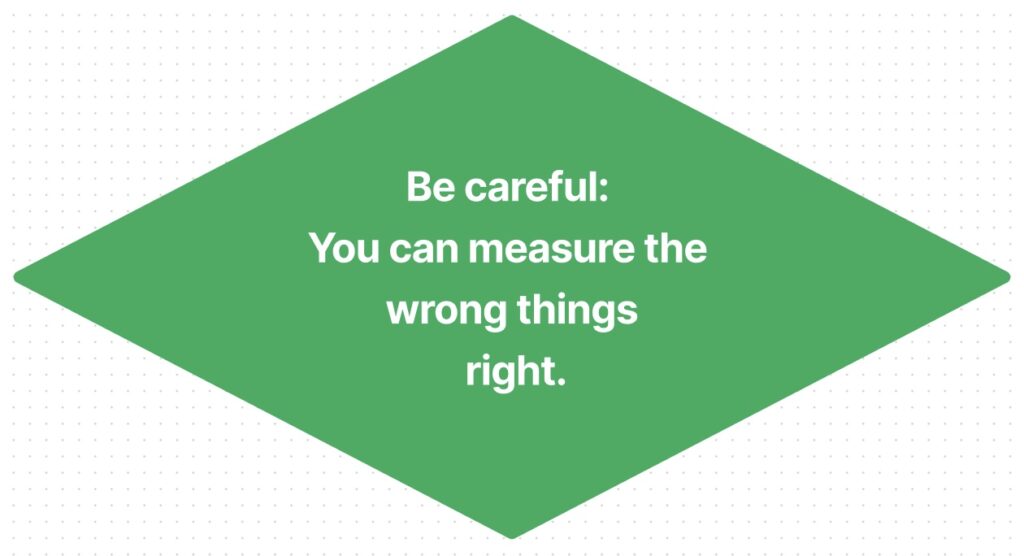Booking your coaching session starts a BIG journey of personal and professional transformation and signals that you not only possess the determination, but also are willing to invest in right the mentorship for change. Scheduling your initial coaching session is far from a mere formality; this meeting is the key to unlocking your potential. Let’s explore why this session is pivotal and how it can leverage it to catalyze growth in every facet of your life.
The Crucial First Coaching Session
The initial coaching session is more than an introduction—it’s the foundation of your transformation journey. Here’s why booking your coaching session is so vital:
- Assess Compatibility: It’s your chance to see if the coach’s style and expertise match your needs.
- Clarify Objectives: Together, you’ll pinpoint your goals, ensuring you and your coach are aligned from the start.
- Strategic Planning: You’ll start to outline a plan tailored to your unique challenges, setting the path toward your objectives.
- Trust Building: Establishing trust and rapport early on is essential for a fruitful coaching relationship.
Preparing for Your First Coaching Session
Now that you have booked your first coaching session it is time to make the most of this opportunity with preparation. Here are some strategies:
- Goal Reflection: Clearly define your short-term and long-term goals. Specificity is your ally.
- Challenge Identification: List your current challenges or areas where you feel stuck to give your coach a clear starting point.
- Open Mindset: Come ready to explore and engage. The more open you are, the more you’ll gain.
- Question Preparation: Arm yourself with questions about their coaching approach, experiences, and success stories.

The Benefits of Booking a Coaching Session
Taking the step to schedule your first session can unlock numerous advantages:
- Tailored Advice: Receive guidance specifically designed for your situation and goals.
- Self-Awareness Boost: Uncover your strengths and areas for improvement, paving the way for targeted growth.
- Actionable Plan: Leave with a clear strategy to propel you towards your objectives.
- Motivation Surge: Begin your journey motivated and accountable, thanks to your coaching partnership.
Conclusion
Booking your initial coaching session is a significant leap toward achieving your personal and professional aspirations. It’s an investment in your future, promising personalized insights, strategic direction, and the support necessary for reaching your goals. By actively preparing for and participating in this session, you’re laying the groundwork for a transformative experience that can lead to remarkable success and growth.
Relevant Links:
Forbes – How To Build Trust With Your Coach
https://www.forbes.com/sites/forbescoachescouncil/2017/05/08/how-to-build-trust-with-your-coach/
MindTools – Setting Personal Goals


